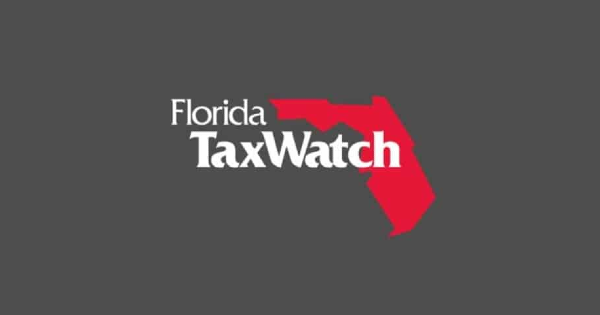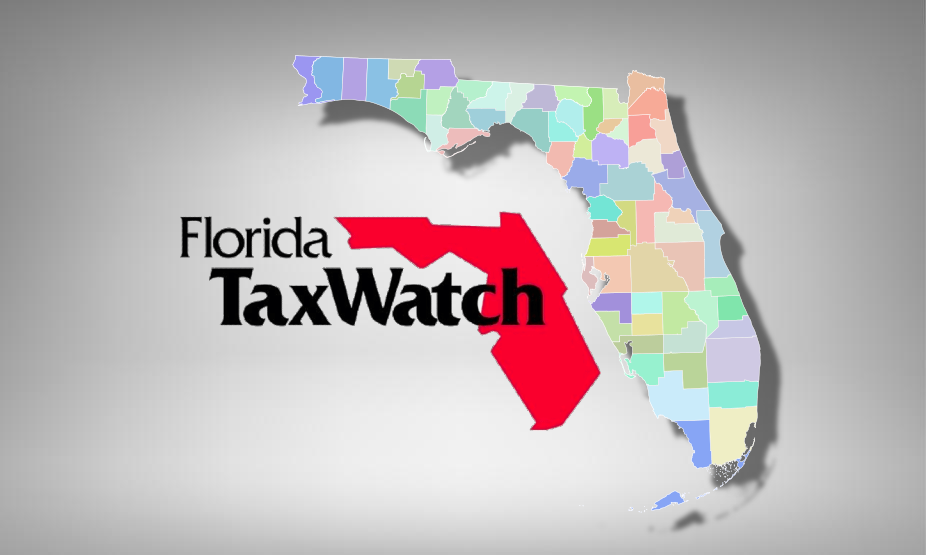On Thursday, Florida TaxWatch (FTW) released a “Session Spotlight” report entitled “The Impacts of Consumer Data Privacy on Florida’s Economy.”
In the report, FTW analyzed bills from state Rep. Fiona McFarland, R-Sarasota, and state Sen. Jennifer Bradley, R-Orange Park, that would enact consumer data privacy and provide sweeping changes to how certain Florida businesses interact with their customers’ personal information.
The taxpayer research institute builds on an October 2021 report, “Who Knows What? An Independent Analysis of the Potential Effects of Consumer Data Privacy Legislation in Florida,” and incorporates recent empirical findings to present potential impacts of these bills.
Florida TaxWatch President and CEO Dominic Calabro weighed in on the report on Wednesday.
“Affording consumers greater rights over their personal information and privacy is obviously a good idea, but policymakers have a responsibility to ensure they know the true cost of implementing consumer data privacy before enacting a comprehensive, wide-reaching law,” Calabro said. “Our research indicates the impacts could be significant, with initial compliance costs between $732,000 and $2.5 million for a single affected firm and up to $21 billion economywide. On top of this, between the two bills, Florida companies would be at risk of financially motivated and malicious lawsuits; smaller, less equipped businesses would experience pressure to adopt data privacy measures in order to remain competitive; and those covered would have inadequate time to prepare the technical infrastructure needed, possibly resulting in noncompliance and costly litigation for failing to respond.
“As the eyes and ears of taxpayers, we’re hopeful that our legislative leaders will heed these concerns, consider the thoughtful recommendations outlined in this report, and ultimately mitigate the adverse outcomes of implementing data privacy in an effort to continue providing the best, most effective protections for Floridians,” he added.
While many larger companies are positioned to manage these new requirements, the reach of this legislation goes further than just data-sharing companies. Despite the positive moves to focus the application of these rules, recent studies and empirical findings suggest state-level privacy bills, such as HB 9 and SB 1864, would have an inequitable impact on data-intensive industries like Telecommunications, Finance and Insurance, and Utilities, which account for $116.3 billion in Florida’s Gross State Product (GSP). Also worth noting, the Real Estate industry – which contributes the most economic output to Florida’s economy ($214.2 billion) – is by some accounts the thirteenth-highest data-intensive industry.
The Information Technology & Innovation Foundation (ITIF) also found an average 0.39 percent decrease in a state’s Gross Operating Surplus (GOS), or the total profit of enterprises minus intermediate costs and workers, among its private industries with the passage of each additional state privacy restriction. Applying this finding to Florida, which had a GOS of $441.22 billion in 2020, each additional privacy restriction would reduce the state’s GOS by $1.72 billion.
As noted in the report, FTW’s recommendations for the Florida Legislature related to data privacy include:
· Establish enforcement mechanisms through the Department of Legal Affairs, as is the case in the Colorado, Virginia, and California consumer data privacy laws, to shield firms from bad actors that may make mass deletion/correction/opt-out requests.
· Include language that defines a cure period – wherein a company can respond to an intent to sue and attempt to remedy the noncompliance before court proceedings – and language that creates a “two-way” attorney fee provision to ensure the prevailing party is awarded attorney fees and costs.
· Push back the effective dates to 2024, similar to Virginia and Colorado, states that enacted consumer data privacy laws in 2021 and made their effective dates in 2023 to allow businesses to build out systems and processes to ensure compliance.
· Provide an official estimate of the economic cost of implementing consumer data privacy in Florida, including both direct and indirect costs to large and small entities over time, while examining how the costs would fluctuate in response to a growing patchwork of other state consumer data privacy laws.














